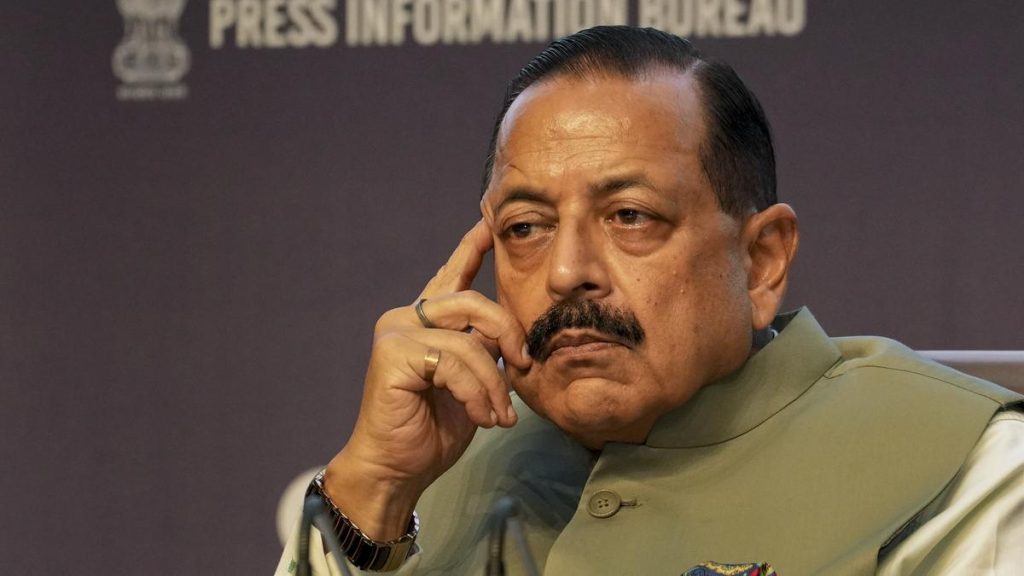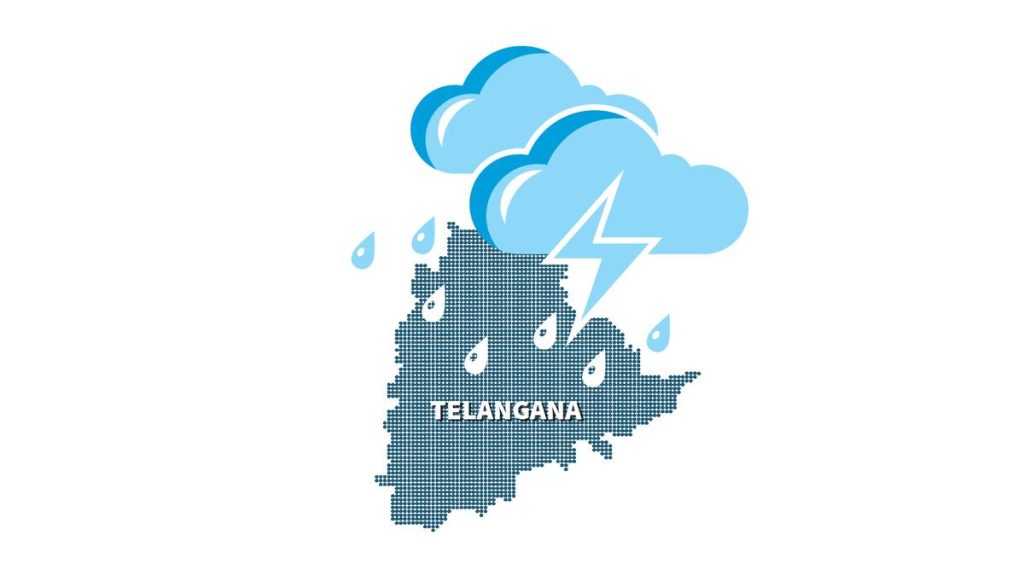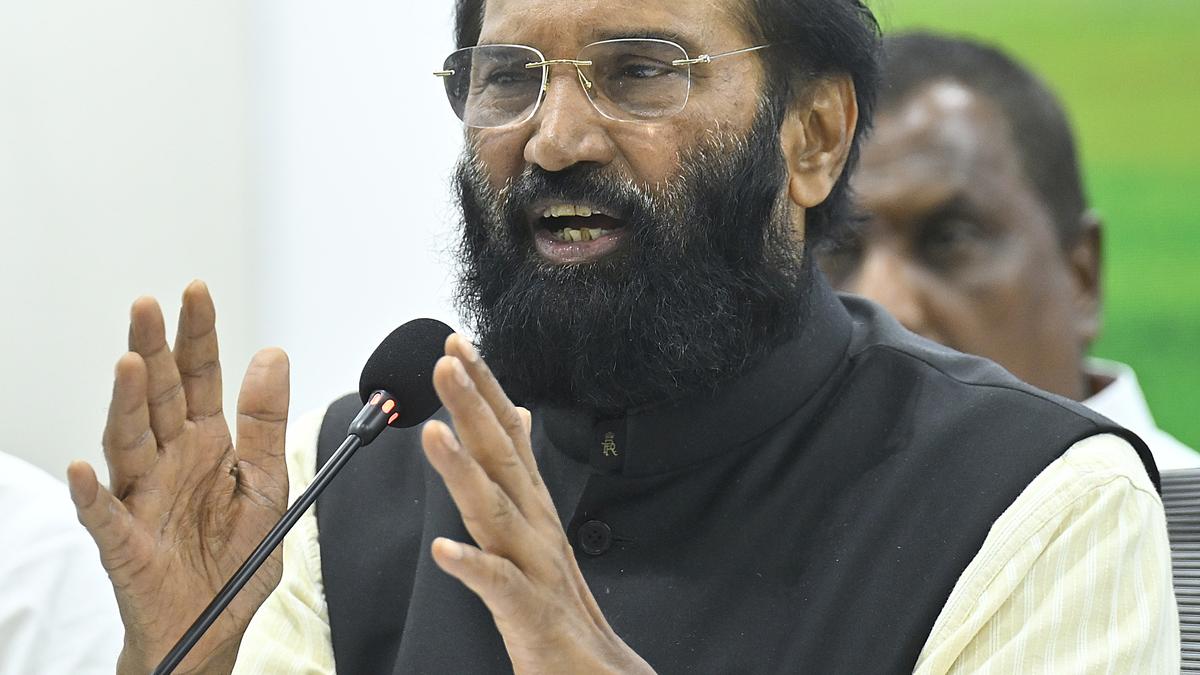Now Reading: Assam: Nagaon Eviction Drive Halted Following Voluntary Demolitions
-
01
Assam: Nagaon Eviction Drive Halted Following Voluntary Demolitions
Assam: Nagaon Eviction Drive Halted Following Voluntary Demolitions

Swift Summary
- Authorities in Assam’s Nagaon district called off a planned eviction operation at Jengoni in the Dhing area after alleged encroachers voluntarily demolished their structures on August 26, 2025.
- District Commissioner Debasish Sarma had earlier visited the site and urged encroachers to surrender land peacefully.
- On August 26, settlers demolished 120 business establishments and 51 houses, clearing approximately 28 bighas of government land.
- Chief Minister Himanta Biswa sarma stated on social media that voluntary compliance signals a constructive shift compared to earlier confrontations during eviction drives.
- Eviction notices have also been served across seven other areas under Dhing Revenue Circle, collectively covering around 1,047 bighas of land.
- Leader of Opposition Debabrata Saikia raised concerns about violations through eviction drives targeting minorities and erosion-hit communities. He petitioned the Assam human Rights Commission over alleged human rights infringements.
- Mr. Saikia accused the State government of undermining constitutional values by displacing Christian tribals and Muslims while misusing forest lands without necessary clearances.
Indian Opinion Analysis
The voluntary demolition of structures ahead of an eviction drive marks an unusual but notable development in ongoing anti-encroachment operations in Assam.The proactive response suggests growing public awareness or weariness regarding legal battles against such drives; though, it also reinforces the contentious nature of these operations given opposition from minority groups and affected communities.
While authorities emphasize law compliance to justify actions taken against encroachments on government land, incidents like these underline deeper issues surrounding displacement-most notably questions over equitable treatment and adherence to constitutional mandates protecting marginalized groups.
The stark divide between governmental claims of cooperative progress (“The tide is turning”) and allegations from opposition leaders about systemic injustice underscores how complex such interventions are within India’s socio-political framework. Resolving contested narratives requires transparent oversight mechanisms balancing state developmental priorities with human rights safeguards.
Read more: Indian Opinion























